
Eastgate Physiotherapy in Sherwood Park specializes in Temporomandibular TM Joint Rehabilitation Therapy , providing expert care for those experiencing TMJ disorders and related issues. Our dedicated team of experienced therapists employs a comprehensive approach to help you find relief from jaw pain, headaches, and other discomfort associated with TMJ problems. We offer personalized treatment plans, including manual therapy, exercises, and education on self-management techniques to improve jaw function. With our state-of-the-art facilities and compassionate care, Eastgate Physiotherapy is your trusted partner in regaining comfort and quality of life. Get started on your journey to TMJ rehabilitation with us today.”
TM Joint rehabilitation therapy is a specialized form of therapy that can provide various benefits to individuals experiencing TMJ disorders and related conditions. Here are some of the potential benefits of TMJ rehabilitation:
Pain Relief: TMJ rehabilitation can help alleviate or reduce chronic pain and discomfort associated with TMJ disorders, including jaw pain, headaches, and facial pain.
Improved Jaw Function: Rehabilitation exercises and therapies can enhance the functioning of the jaw joint, making it easier to open and close the mouth, chew, and speak.
Reduced Muscle Tension: It can help relax and reduce tension in the jaw muscles, promoting better muscle function and reducing muscle-related pain.
Non-Surgical Approach: Many people prefer TMJ rehabilitation as a non-invasive alternative to surgery for managing TMJ disorders.
Customized Treatment: Rehabilitation plans are tailored to the individual’s specific condition, addressing their unique needs and symptoms.
Stress Reduction: Some TMJ disorders are exacerbated by stress, and rehabilitation can include stress management techniques to reduce tension in the jaw.
Avoidance of Medications: Rehabilitation can help reduce or eliminate the need for pain medications or muscle relaxants, which can have side effects.
Prevention of Further Damage: Early intervention with TMJ rehabilitation can prevent the worsening of TMJ disorders and related issues.
Education: Patients can learn about proper jaw habits, posture, and techniques to manage their condition better and prevent future problems.
Long-term Solutions: Rehabilitation focuses on addressing the root causes of TMJ issues, providing long-term relief rather than just temporary symptom management.
It’s important to note that the specific benefits of TMJ rehabilitation can vary depending on the individual’s condition and the treatments prescribed by their healthcare provider. If you are experiencing TMJ-related symptoms, it’s essential to consult with a healthcare professional or a TMJ specialist to determine the most appropriate rehabilitation plan for your unique situation.

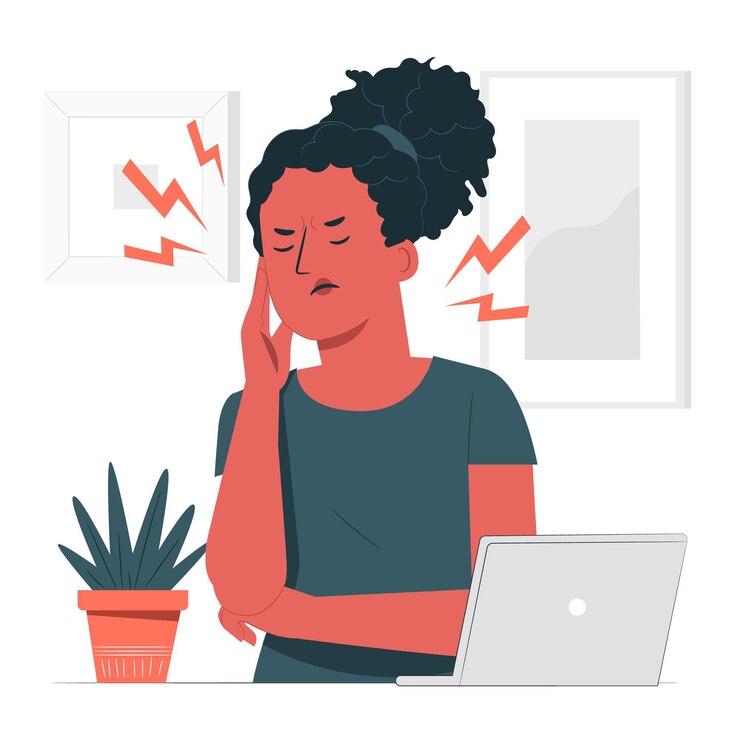
TM Joint Rehabilitation Therapy is a specialized form of therapy aimed at treating issues related to the temporomandibular joint, which connects the jawbone to the skull. TMJ disorders can lead to symptoms such as jaw pain, headaches, difficulty opening and closing the mouth, and more. Here’s an overview of how TMJ rehabilitation is typically done:
Evaluation: The process begins with a comprehensive assessment by a qualified healthcare professional, often a dentist, oral surgeon, or physical therapist specializing in TMJ disorders.
Patient History: The healthcare provider will gather information about your medical history, previous jaw-related problems, lifestyle, and any factors that may contribute to your TMJ issues.
Treatment Plan: Based on the evaluation, a customized treatment plan is developed. This plan may include one or more of the following components:
a. Education
b. Physical Therapy
c. Orthodontic or Dental Interventions
d. Medications:
e. Lifestyle and Dietary Changes
f. Trigger Point Therapy
Monitoring Progress: Patients are regularly monitored to assess their response to treatment. Adjustments may be made to the rehabilitation plan as needed.
Pain Management: In cases of severe pain, pain management techniques may be employed, which can include heat or cold therapy, ultrasound, or electrical stimulation.
Stress Management: Since stress is a common contributor to TMJ disorders, stress management strategies may be recommended, such as relaxation techniques, counseling, or biofeedback.
Long-Term Maintenance: After symptoms improve, patients may be advised to continue with exercises, lifestyle changes, or periodic check-ups to prevent recurrence.
It’s essential to work closely with any of our qualified therapist in TMJ rehabilitation to ensure you receive the most appropriate and effective treatment for your specific condition. The goal is to improve jaw function, reduce pain, and enhance overall quality of life.
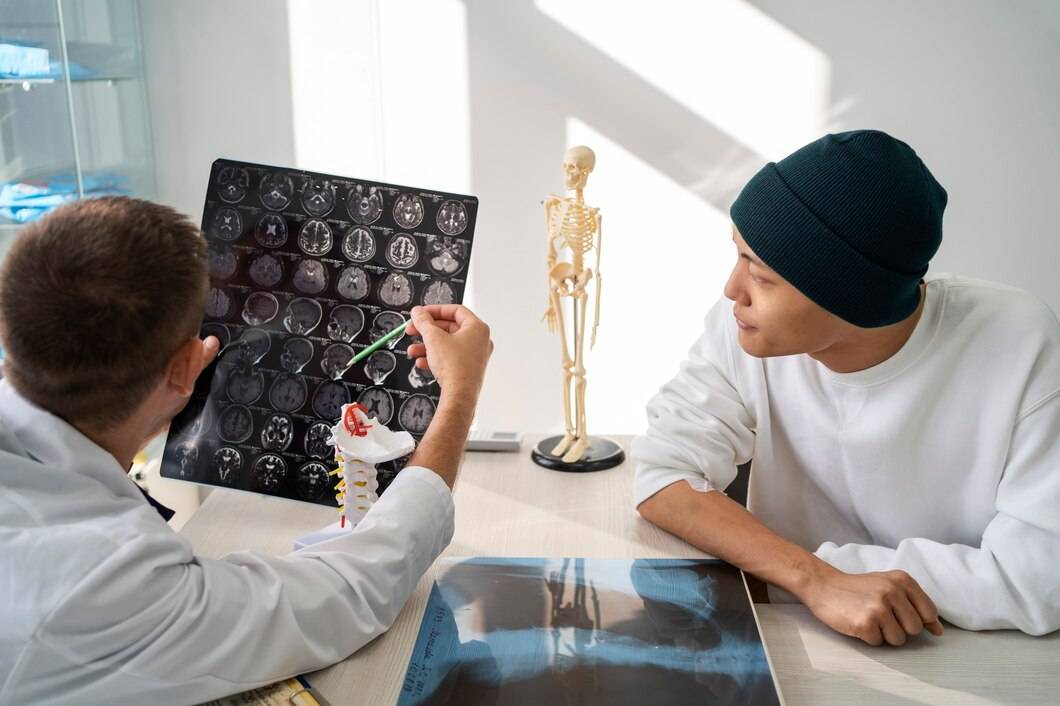
Eastgate Physiotherapy in Sherwood Park is your trusted partner in concussion rehabilitation.
Read More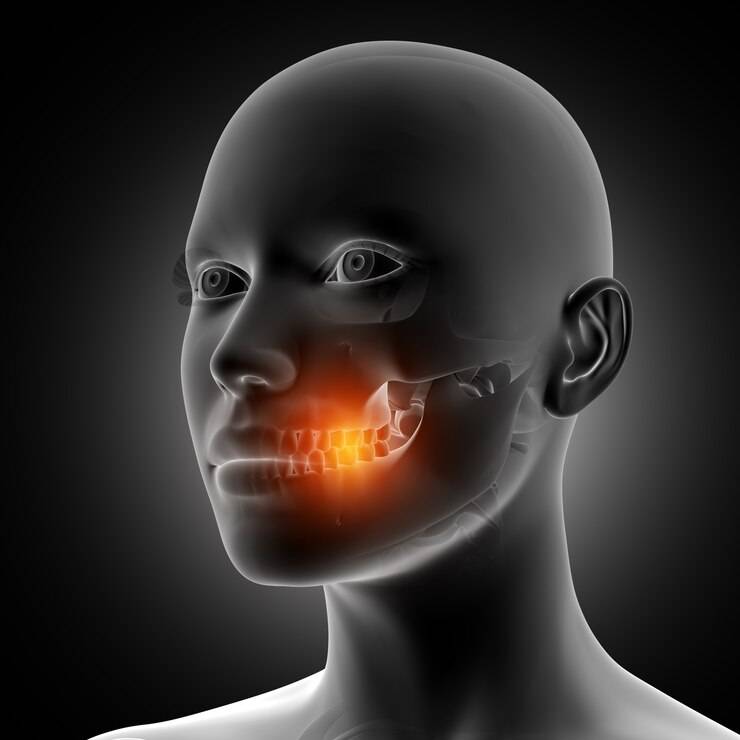
Eastgate Physiotherapy in Sherwood Park specializes in Temporomandibular Joint (TMJ) rehabilitation
Read More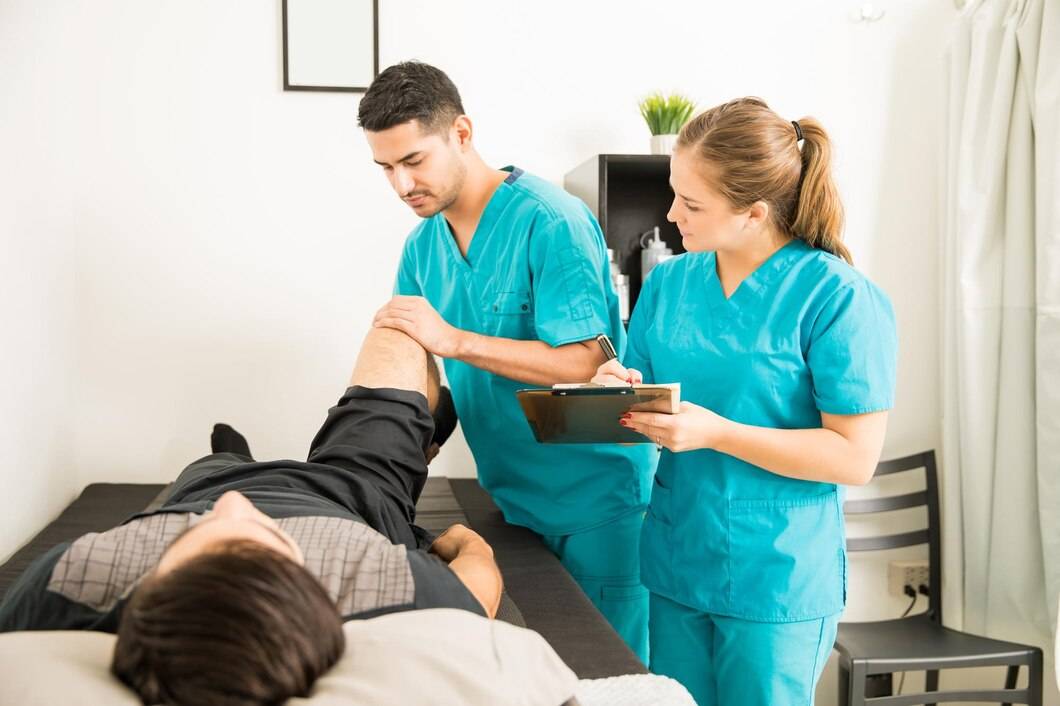
Restoring health and mobility through targeted exercises, manual therapy, and holistic wellness strategies.
Read More
Massage therapy can effectively alleviate various types of pain, including muscle tension, joint stiffness, and chronic pain conditions.
Read More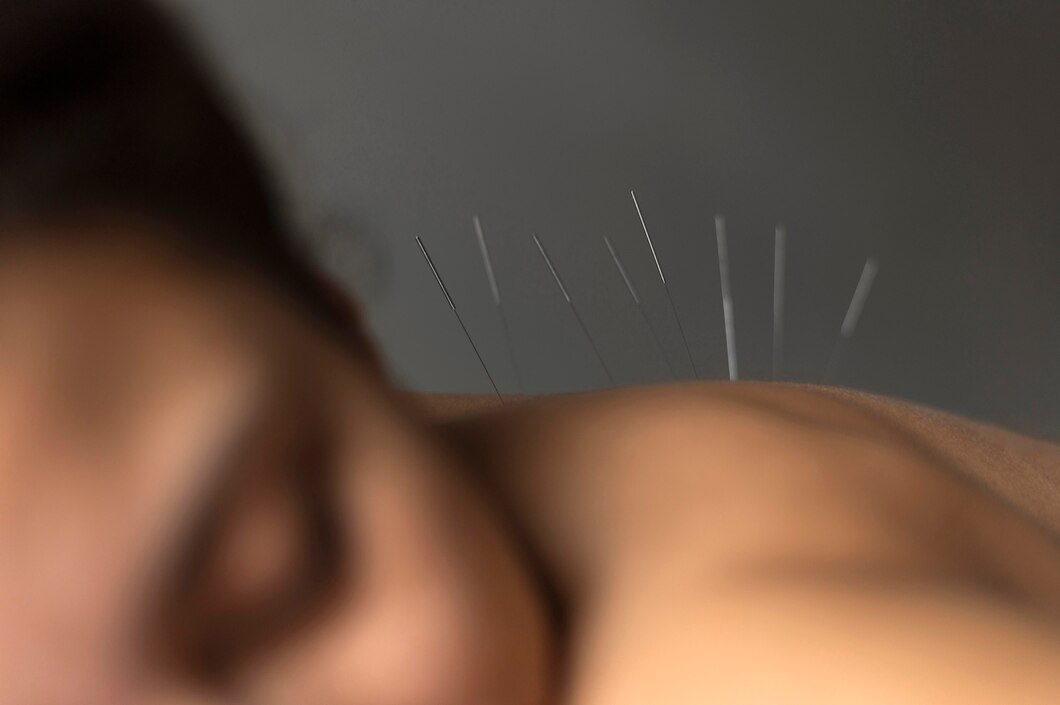
Traditional Chinese therapy using fine needles to stimulate specific points for pain relief and overall wellness.
Read More
IMS is a therapy using fine needles to treat muscle pain and tension through trigger point stimulation.
Read More
Motor Vehicle Injury Rehabilitation: Tailored care to recover from accidents and regain mobility and well-being.
Read More
Sports injuries require careful management; sports conditioning optimizes performance, reducing the risk of future injuries.
Read More
Vestibular rehabilitation restores balance and reduces dizziness through targeted exercises and therapeutic techniques.
Read More
Workplace injury rehabilitation aims to restore health and functionality after work-related accidents, promoting recovery and safety.
Read More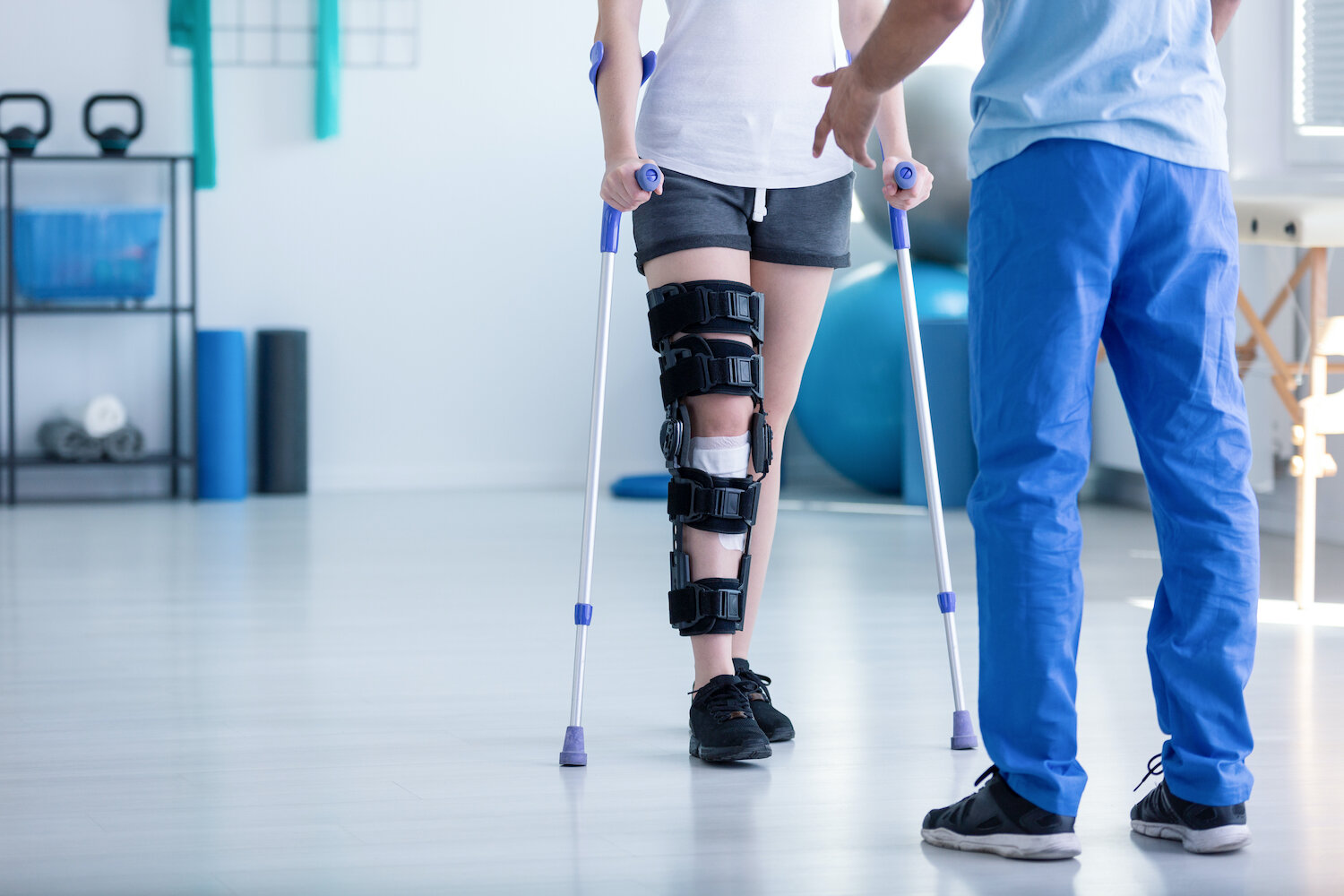
Optimize surgery outcomes with tailored pre and post-surgery rehabilitation for enhanced recovery and wellness.
Read More
Functional Capacity Evaluations assess an individual's physical abilities, helping determine work-related capabilities and restrictions.
Read More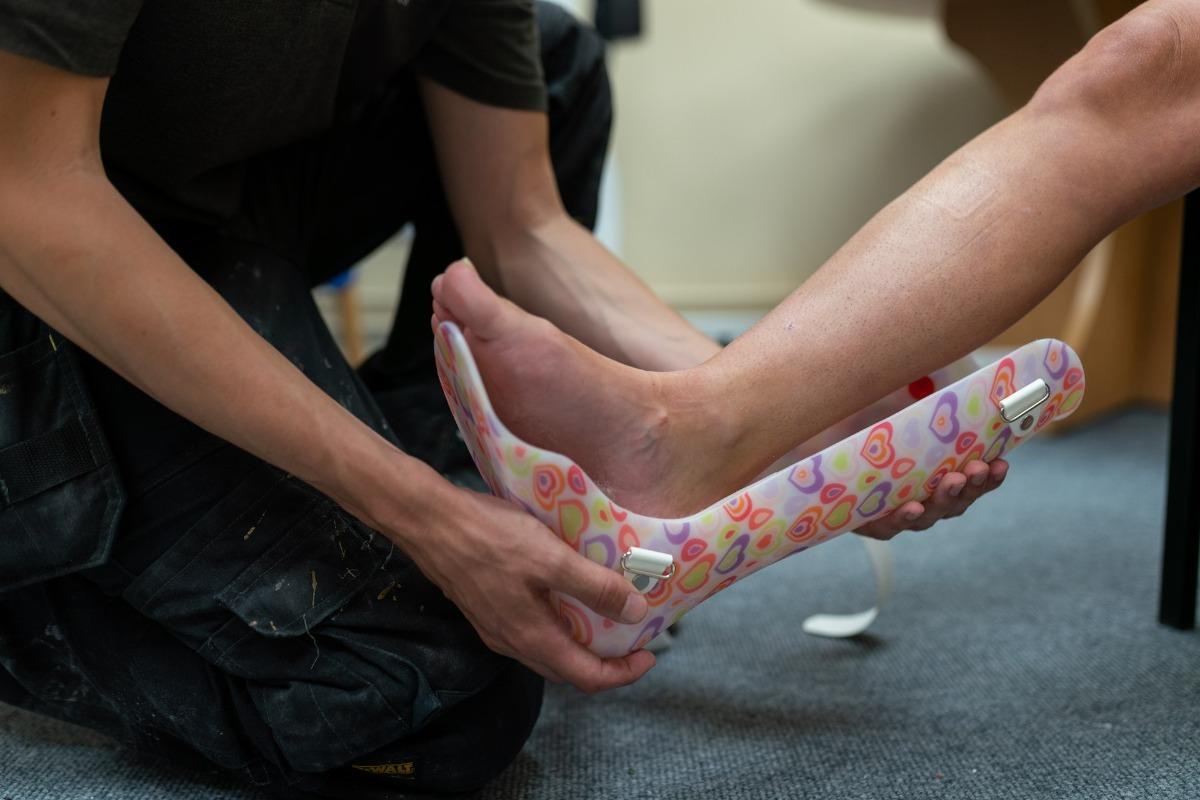
Custom orthotics alleviate various foot problems by providing tailored support and comfort for improved mobility.
Read More